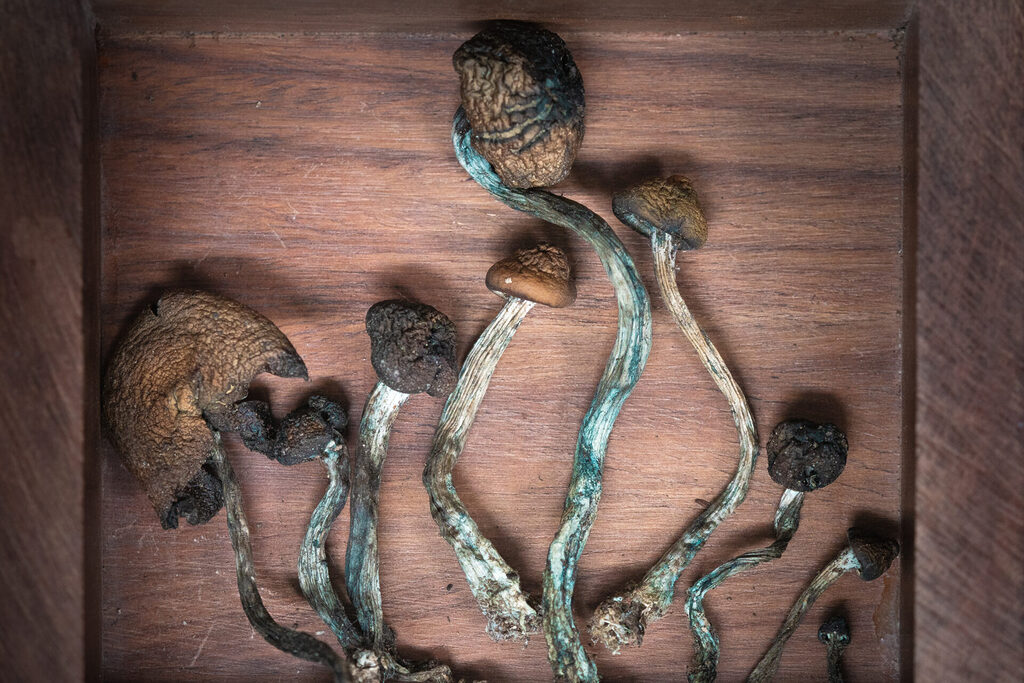Psilocybin, a naturally occurring psychedelic compound found in certain species of mushrooms, has gained considerable attention in recent years for its potential therapeutic benefits. As interest grows, so do questions and concerns, one of which is whether psilocybin is addictive. In this blog, we will delve into the subject, examining the properties of psilocybin and shedding light on its addictive potential.
Understanding Addiction:
Before we delve into the specific addictive properties of psilocybin, it is important to understand addiction itself. Addiction is a complex condition characterized by compulsive drug-seeking behavior despite negative consequences. It involves both physical and psychological dependence on a substance. Addiction typically develops when substances directly stimulate the brain’s reward system, leading to cravings and a cycle of repeated use.
Psilocybin’s Effects on the Brain:
Psilocybin interacts with the brain’s serotonin receptors, particularly the 5-HT2A receptors, which are primarily involved in mood regulation and perception. When consumed, psilocybin is converted into psilocybin, which binds to these receptors, leading to altered states of consciousness, introspection, and profound sensory experiences.
Non-Addictive Nature of Psilocybin:
Research suggests that psilocybin itself is not physically addictive. Unlike substances such as opioids or stimulants, psilocybin does not produce compulsive drug-seeking behavior or physical withdrawal symptoms. In fact, studies have shown that psilocybin can be effective in treating addiction by helping individuals gain new perspectives, enhancing self-awareness, and promoting introspection, leading to long-lasting behavior change.
The Role of Set and Setting:
Set and setting play crucial roles in the effects of psilocybin and the risk of addiction. “Set” refers to an individual’s mindset, intentions, and emotional state, while “setting” refers to the physical and social environment in which the experience takes place. Research indicates that psilocybin’s effects are highly dependent on these factors.
Risk of Psychological Dependency:
While psilocybin is not physically addictive, it is essential to address the potential for psychological dependency. Some individuals may develop a psychological attachment to the profound experiences and insights facilitated by psilocybin, leading to a desire to repeat them. However, it is important to note that this is not the same as addiction in the traditional sense, as the craving is often for the transformative experiences rather than the substance itself.
Responsible Use and Harm Reduction:
To minimize the potential risks associated with psilocybin use, responsible practices and harm reduction strategies are crucial. These include obtaining mushrooms from reliable sources, using accurate dosing, having a trusted and supportive guide or sitter during the experience, and adhering to safe and legal guidelines.
In conclusion, psilocybin is not considered physically addictive. Its therapeutic potential in treating addiction and other mental health conditions has sparked interest and ongoing research. While the risk of psychological dependency exists, responsible use, set, and setting, along with integration and support, can help mitigate potential concerns. As our understanding of psilocybin expands, it is crucial to approach its use with respect, caution, and a commitment to responsible exploration for the greatest benefit and safety.













